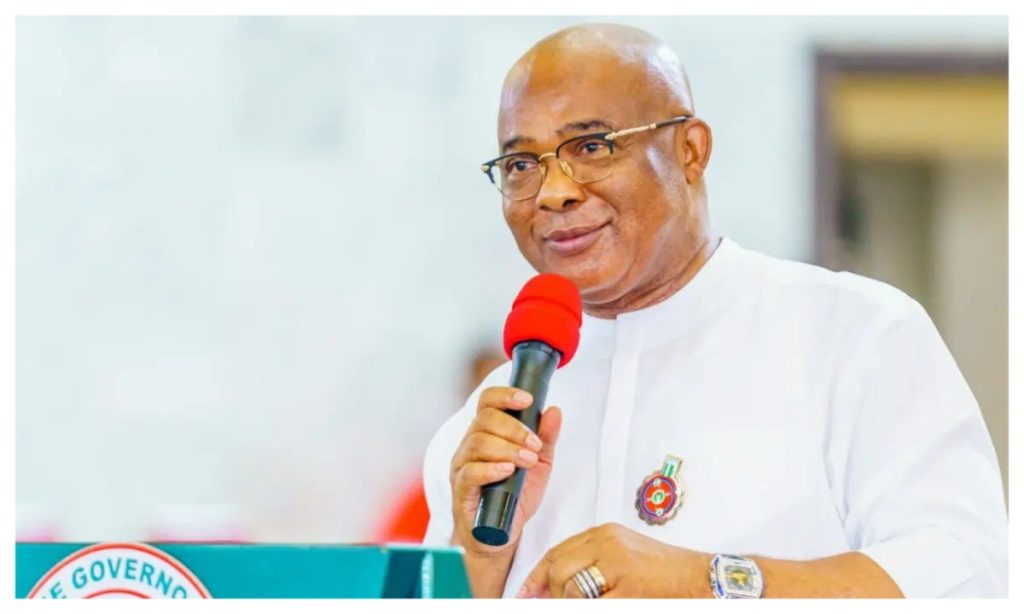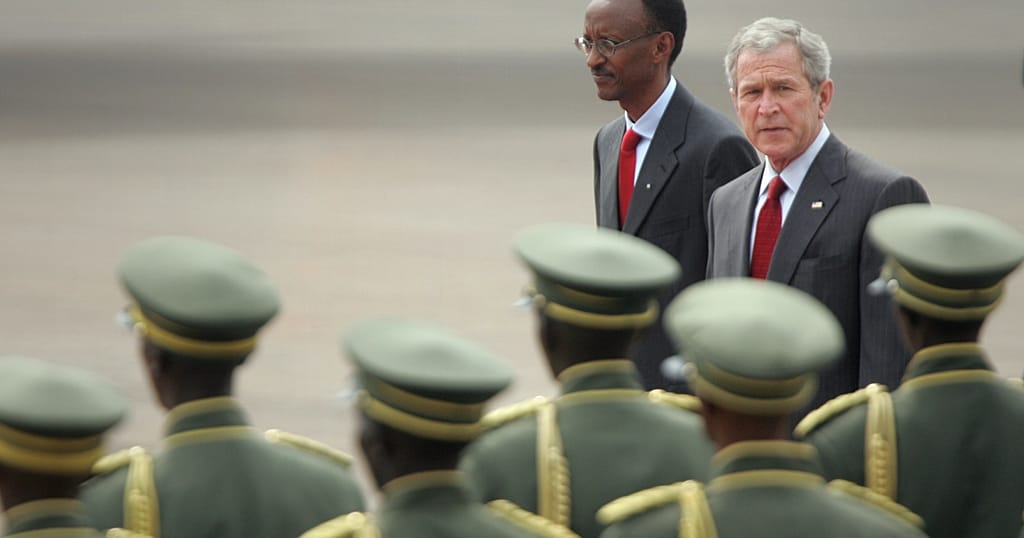Tensions Run High in Nairobi as Anti-Government Protests are Met with Force
A sense of unease gripped the Kenyan capital, Nairobi, on Monday as police moved to block major roads and prevent planned anti-government protests from taking place. The city center was effectively sealed off, with private and public vehicles, as well as most pedestrians, barred from entry. Many businesses opted to remain closed, anticipating the potential for unrest.
The protests, which were intended to highlight issues of police brutality, poor governance, and the high cost of living, were met with a strong show of force from the police. Tear gas and water cannons were used to disperse any crowds that managed to gather, underscoring the government’s determination to maintain control.
At the heart of the protests lies a deep-seated dissatisfaction with the current administration, led by President Ruto. Despite campaigning on a promise to empower the working class, his government has introduced new taxes and cut fuel subsidies, exacerbating the financial struggles of many Kenyans. Furthermore, President Ruto’s failure to curb police brutality has reignited calls for his resignation, amid allegations of corruption.
The significance of July 7 as a date in Kenyan history cannot be overstated. It marks the anniversary of the first major protests 35 years ago, which called for an end to the one-party state and paved the way for the transition to a multiparty democracy. However, the recent past has seen a resurgence in violent protests, including the storming of parliament in 2024 during anti-tax demonstrations and the eruption of unrest last month following the death of blogger Albert Ojwang in police custody.
As Nairobi navigates this latest wave of protests, the international community watches with keen interest. The situation serves as a stark reminder of the ongoing challenges faced by many African nations in balancing the need for economic growth with the imperative of protecting human rights and upholding democratic principles. For Kenyans, the hope remains that their voices will be heard and that meaningful reforms will be implemented to address the grievances that have driven them to the streets. The world waits to see how this situation will unfold, and whether the Kenyan government will heed the calls for change.



